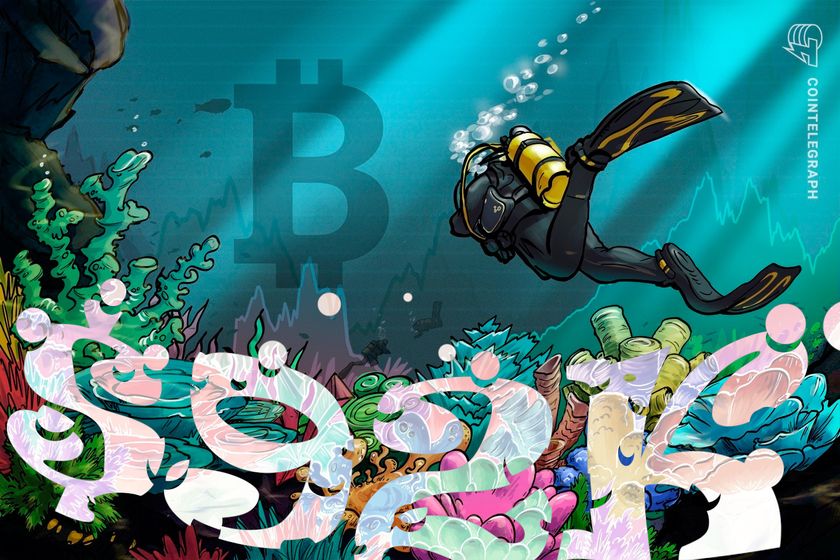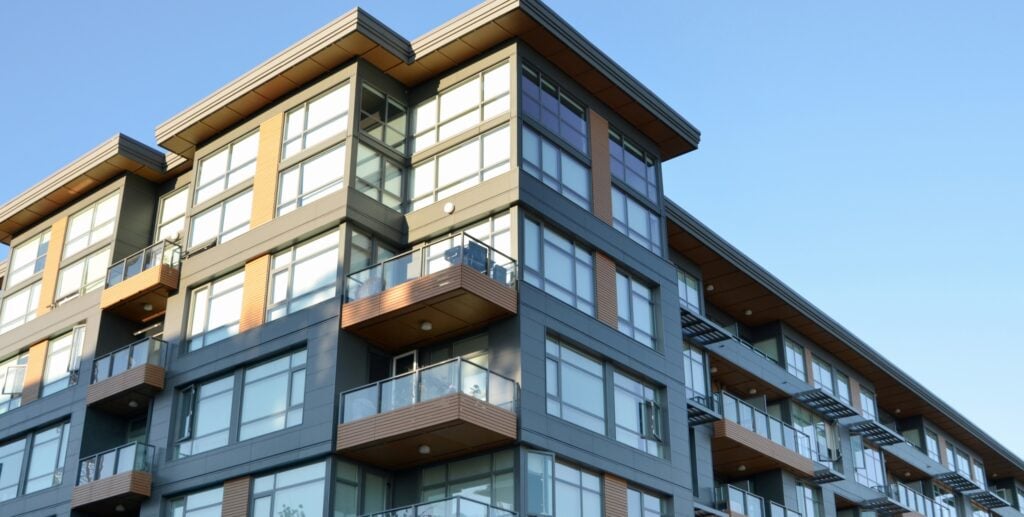Ghanaian presidential hopeful Nana Kwame Bediako goes by three different names — each name, he says, represents a different aspect of his persona.
The 44-year-old entrepreneur and real estate developer is popularly known by his nickname, Cheddar.
“It’s a nickname, but has a lot of dominance in terms of street people, you know, because it means money in rap music and other neighbourhoods,” said Bediako in one of his first international media interviews since launching his presidential bid in January.
He re-christened himself “Freedom Jacob Caesar” more than five years ago, fashioning himself as the “Prince of Africa.”
“I want to bring freedom to Africa, and I want to be the Jacob that knows about the tribes of nations … And of course, Caesar is just a name to represent leadership,” said Bediako.
“I had this image of the Prince of Africa. So that’s why my fashion sense changed with this character,” he said.
As “Freedom Jacob Caesar,” he would wear brash army commander stylized outfits accented with gold embellishments, and would pose with lions and luxury cars for publicity shots wearing colourful kente fabric and golden crowns.
Appetite for change
“People say I’m flamboyant, but you know, for me, it’s more like a humble, flamboyant warrior, you know, the Prince of Africa, because no one claimed it.”
While Nana Kwame Bediako would be the name on the ballot in the upcoming elections this December, he says all three personalities live within him and will help his bid to become the next leader of Ghana, especially among the 55 per cent of registered voters between the ages of 18 and 35.
“They don’t have a voice,” he said. “And I want to become the unifier for them.”
Political analysts acknowledge that there’s an appetite for change among Ghana’s youth, but say Bediako and his upstart movement face an uphill battle in a country where two established parties have long dominated the political landscape.
Over the past three decades, elections in Ghana have been smooth, with the transition of power oscillating peacefully between two parties — the National Democratic Congress and the New Patriotic Party. Elections take place every four years with a maximum presidential term of two terms.

The current president, 80-year-old Nana Akufo-Addo of the NPP, is nearing the end of his second four-year term in office.
His current vice-president, 60-year-old Mahamudu Bawumia, will be on the ballot for the NPP, while 65-year-old former president John Mahama is the NDC candidate. Polls indicate that Mahama has the lead.
Using his ‘inner voice’ as a guide
Born in Kumasi — Ghana’s second largest city — Bediako travelled to the U.K. for high school and university.
He claimed that by age 16, he made enough money selling rip-off designer clothing to his classmates to buy himself a car.
Ever the entrepreneur, Bediako dropped out of university after six months to focus his time on his various ventures, including a scrap metal business. He says he made his first million British pounds by the time he was 21.
In the early 2000s an inner voice he sometimes refers to as “God” told him to return to Ghana and build a real estate development business.
He says this inner voice guides his decisions.
“I like to listen to the voice that is within the spirit,” said Bediako.
“Just like how I woke up one day and I decided to lead this country.”

Mounting corruption, unemployment, emigration
Bediako’s bid for presidency is coming at a time when Ghanaians are increasingly disillusioned with the government, trust in government institutions is low and young people are graduating with fewer and fewer job prospects.
“Employment opportunities have been tanking,” said Seidu Alidu, department chair of the political science department at the University of Ghana, pointing to the youth unemployment rate.
The Current19:06The cost of living crisis is fueling social unrest around the world
The cost of living is skyrocketing around the world, fuelling poverty, social unrest and protest. Guest host Catherine Cullen talks to freelance journalist Carolina Loza Leon in Ecuador; activist Bernard Mornah in Ghana; and Paul Shaffer, a professor of international development studies at Trent University in Peterborough, Ont.
“Bediako’s campaign represents the frustration and the marginalization of the youth in this country. Their aspirations have not been met.”
There’s also a growing sense of disapproval among many voters as government spending is under scrutiny, with one flashpoint being the construction of an inter-denominational national cathedral that’s supported by public funds and is slated to be built in downtown Accra.
Current President Akufo-Addo made a personal pledge to God that he would build a national cathedral after winning the 2016 election. Construction began in 2020 and was originally budgeted at $100 million US.

After spending more than $58 million, costs have skyrocketed and the project is still a giant construction hole in the ground. Today, the estimated cost of finishing the cathedral has ballooned up to $400 million.
Voters instead want to see more public funds invested in education and infrastructure, said Alidu.
‘We, the youth, we are suffering’
As a successful young entrepreneur Bediako is able to draw on the frustration of young voters — those who are tired of older career politicians running the country.
The new political party he’s forming is called “The New Force.” Dozens of massive billboards bearing his youthful image and his campaign logo — a traditional wooden mask — dot thoroughfares in major cities across Ghana.
“He’s smart, because he has realized there is this gap in our body politic, and he wants to seize that gap,” said Alidu. “[Young people] believe that if you have a youthful guy like Bediako coming out, he understands them.”
Ride-app driver Michael Narh, 36, only bothered voting in one previous election, but he says he’s making a point of voting for Bediako this year.

“We pray for Bediako to win,” he said. “We here in Africa, we have a problem because we want the old people to rule us instead of the young people who have vision for the youth.”
In Ghana, one quarter of those between the ages of 15-35 are unemployed. Narh currently works 10 hour days, six days a week to make ends meet.
“We the youth, we are suffering. Even to find food to eat each day is quite difficult for some of us,” said Nahr, noting that, to him, Bediako’s financial and entrepreneurial successes prove that he knows how to create wealth, which could translate into job opportunities for young people.
The ‘New Force’
Bediako and his PR team orchestrated a captivating campaign to kick off his leadership bid.
Initially “The New Force” billboards simply showed images of a man with his face fully covered by a traditional Ghanaian mask. It was only in January with the official launch of his campaign that Bediako was revealed as the man behind the mask.
“The mask is about our history,” said Bediako. “I wanted to take the mindset of the nation back to that history that we, the new force, have found our identity. And you are curious. We will show you one when we’re ready.”


His campaign combines a promise of economic opportunity along with nostalgia for what he says is a “lost” history. He says that over the decades there’s been too much foreign influence in the country, and Ghanaians need to take ownership of their own resources and pride in their identity.
“The New Force Movement is a force that I’ve come back to bring back what we have lost in terms of our culture, in terms of our resources, our mentality, and to stabilize the economy,” said Bediako.
His aspiration is to bring his movement to the entire African continent by promoting a pro-industrialist and pan-Africanist vision beyond Ghana’s borders.
“This whole movement is about Africa and it’s about the youth preparing our mindsets so we can adapt to a skill set that we grow or we grow up with and rely on that mentality,” said Bediako.
“You know, we don’t have to sit down looking for aid anymore — people coming to give us help from other parts of the world. We don’t have to do that anymore.”

Bediako’s prospects unclear
Before launching his presidential bid, Bediako was best known as a successful entrepreneur who gained fame on social media by sharing photos of himself partying with celebrities and posing with his luxury cars, including a Rolls Royce Cullinan and a Lamborghini Aventador.
In 2022, he imported two tiger cubs from Dubai to keep as pets in his Accra home. A Ghanaian court ordered the non-native animals to be removed after neighbours complained. Bediako refused and instead built a secure compound for them on his property.
Political science professor Ransford Gyampo at the University of Ghana believes it’s time for a younger politician to gain traction, but not someone who has no political experience.
“We are tired of being a continent manned by gerontocracy — a government of the aged. We want more young people to be at the fore to govern. But not just any young man,” said Gyampo, emphasizing that governing a developing country is a serious undertaking that not just anybody can jump into.
“When I see somebody trying to inch closer into our electoral politics and the key qualification has got to do with the fact that the person has a lot of resources, it offends me. It offends my belief in democracy.”
The election is set for Dec. 7, 2024. The New Force has not yet been recognized as an official party by the Electoral Commission of Ghana, but Bediako will run as an independent candidate if the party isn’t recognized in time.
Alidu says he’s impressed by Bediako’s slick campaign and acknowledges that having a connection with social media savvy youth is important, but he doesn’t think it will translate well in rural regions or among older voters, as it’s still “a two horse race” between the two establishment parties.
“People may love you on social media. They follow you, they comment. But it is another thing getting them out on the election day to go and vote for you,” he said.
“I can’t just dismiss him completely because it’s still early days, but his chances of winning this election are very slim.”
However, he noted that Bediako’s focus on youth will likely nudge the other parties to incorporate those angles into their own political platforms.
“He would not be able to win,” said Alidu, “but he can make an impact.”





















Discussion about this post